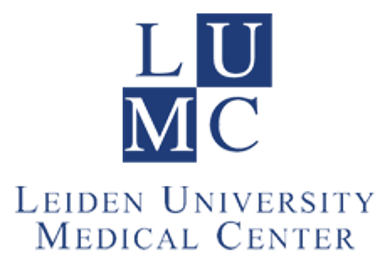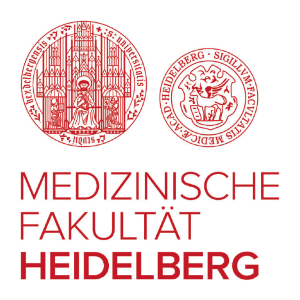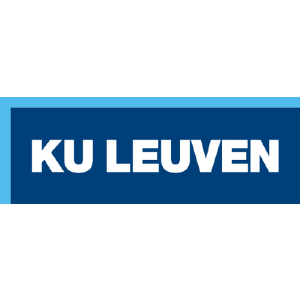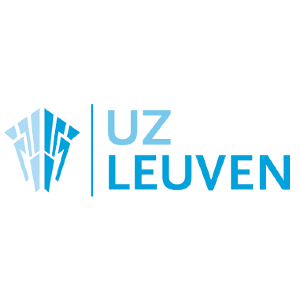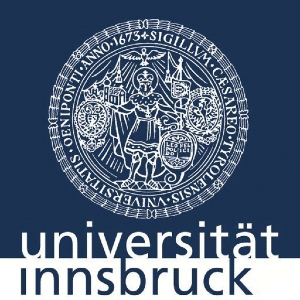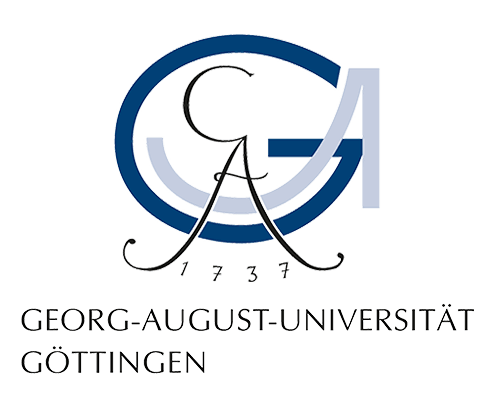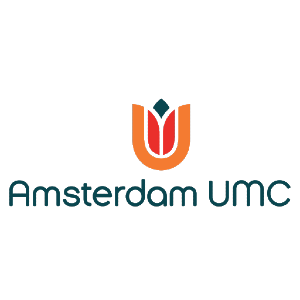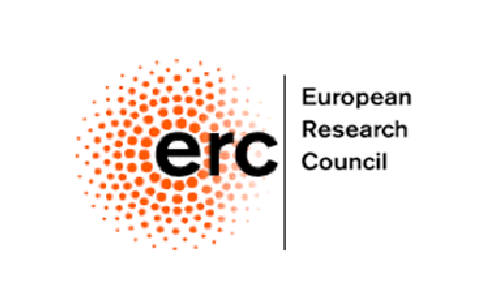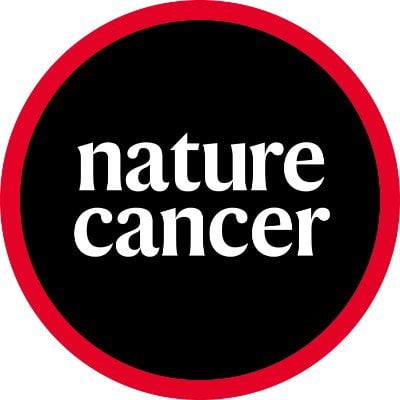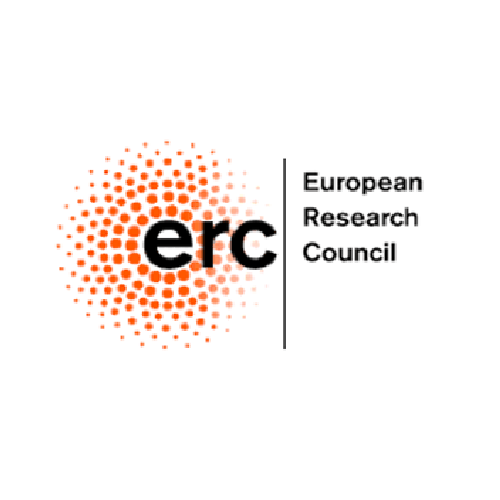Situation
The Heidegger-Pircher laboratory employs multi-level omics techniques as a key strategy to characterize cancers. Dr. Heidegger and Dr. Pircher are two consulting level clinicians at the Medical University of Innsbruck that lead a translational laboratory focusing on the molecular characterization of cancer to identify novel biomarkers and therapeutic strategies.
Dr. Heidegger is an urologist, her research interests focus on translational prostate cancer research. She has received several national and international awards. In addition, Dr. Heidegger has been a member of various international committees for several years, such as the European Board for Urological Research (ESUR), the Urological Research Working Group (AUF) of the German Society of Urology, and the Young Academic Urologists Working Group (YAU) of the European Society of Urology.
Dr. Pircher is a hemato-oncologist who has received several international prices and grants for his work on the regulation of tumor angiogenesis in bronchial carcinoma and the identification of predictive markers for antiangiogenic drugs.
Challenge
The Heidegger-Pircher laboratory produced an outstanding single cell transcriptomics dataset of four prostate cancer patients where both adjacent and tumor tissue had been sequenced. The challenge was how to analyze these data and integrate the results into a narrative that encompassed also wet lab data.
Solution
Unicle consultants performed bulk and single cell RNA-seq analysis in close collaboration with the Heidegger-Pircher team. We worked closely together for two months to integrate the results into a compelling scientific narrative. In total, we analyzed bulk RNA-seq data of 67 patients, and scRNA-seq data of eight samples from four patients. Together, we identified 27 different cell subtypes and discovered a novel approach to inhibit tumor angiogenesis.
Result
Within 12 months of starting the collaboration, the Heidegger-Pircher team published their paper in Molecular Cancer (IF35). The final published paper included 16 Unicle-produced panels in the main figures, including the following analysis: t-SNE, differential, marker gene, heatmaps, interaction end meta-analysis. To support further research, the results are made available in an interactive UniApp-portal, allowing the research community to delve into the data and explore the data themselves (see resource section for the link).
Key results
High-impact publication
Rapid turnaround of analysis
Advancing follow-up research

Unicle resources
“In your professional career, you need to be attentive to change and chance. When you see it coming, you should not hesitate, but act! Unicle is the change and provided us the chance to tremendously uplift and accelerate our project“
Dr. Andreas Pircher
Principal Investigator Department of Internal Medicine V (Hematology and Oncology), Medical University of Innsbruck
Background client and contact details

